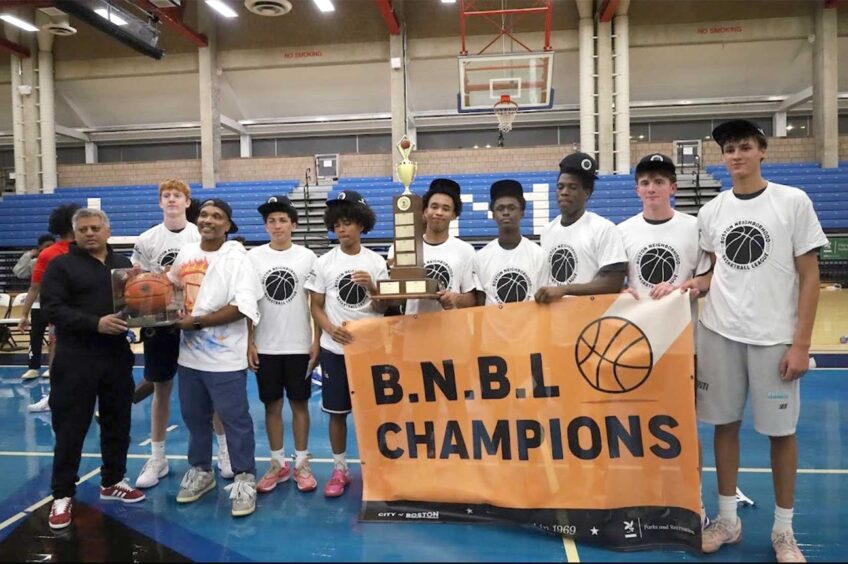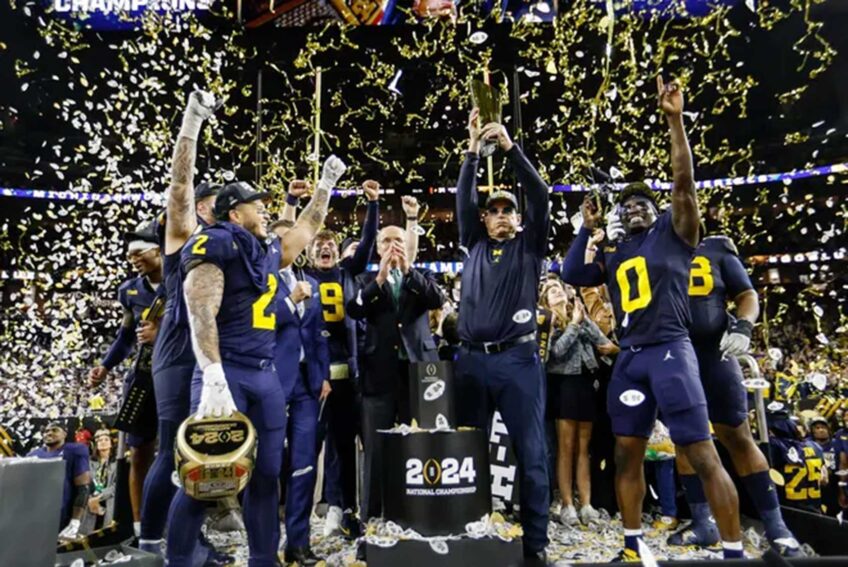
Banner Sports sponsored by Cruz Companies
While Black golf enthusiasts ponder the coming of the next Tiger Woods, let’s take a moment to discuss the present state of the game of golf.
As the 48-year-old Woods drags his wounded body up and down fairways hoping for one more glimpse of glory, most golf aficionados will tell you that the end of his illustrious golf career is staring him dead in the face.
Tiger Woods will vigorously dispute that statement, claiming that he still has something left. But when he does decide to walk away from the game, who will take his place?
There is a strong feeling that his 15-year-old son Charlie will pick up the huge mantle of his father’s legacy, but that remains to be seen.
But if Tiger Woods never accomplishes another thing in golf, he will be remembered for changing the modern game. One of his top achievements was transforming earnings for golfers.
When he burst on the scene in the mid to late 1990’s there were less than 20 millionaires in pro golf.
While Woods was winning 15 major golf titles and 82 Professional Golf Association tournaments — putting him in a tie for first in the game — television ratings for golf skyrocketed, opening up lucrative endorsement contracts as money poured into the game. Purses increased as well.
Now there are over 160 golfers who have reached the magical million dollars in earnings plateau, all of them owing a debt to Tiger Woods.
Thanks to the “Woods effect,” Black men and women started to gain memberships to golf clubs whose doors were closed to them for so many years.
Despite the billions generated in golf by this man, the trickle-
down effect of money reaching young people of color who want to play the game has been miniscule.
E. Macey Russell, a recently retired attorney and member of a local golf club, offered some insights into the issues surrounding the game.
“Like so many people of color who play the game of golf, I started out as a caddy. I enjoyed playing the game, and my enthusiasm for it grew the more I played. I was blessed to establish a career in the field of law which allowed me access to the game,” he said.
“One of the major hurdles for young people playing the game is sheer economics. Golf is an expensive sport,” added Russell. “And it takes time and training to develop to the level of being competitive. The great part about golf is that you can be competitive at any age — thanks to handicaps. But you just must have the financial means to play long enough to develop your skills. And not many young Black people have the time or money needed to get good at golf.”
As for the lack of Black golfers reaching professional ranks, Russell pointed out a number of obstacles.
“If you look at the college golf scene today you will find that there are about 275 Black golfers competing. Many of those are playing at historically Black colleges and universities, meaning they don’t get to play on the beautiful golf courses that the major white colleges play on,” he said, adding, “One also must consider that about 40% of HBCU golf teams are white. These are just a few of the obstacles that young Black golfers must deal with. For people with financial means, their children can play for free as part of their parents’ membership to a golf club. Young Black people coming out of college are looking for jobs to support themselves.”
“When you are on your own, looking for an apartment and a way to support yourself, you don’t have much time to be out developing your golf game.”
The formal game of golf excluded Blacks for so many years that the only access to higher levels of competition for people of color came with minor golf circuits like the Chitterling (Chitlin’ to some folks) golf tour.
Lee Elder, the first African American to play in the Masters Golf Tournament in 1975, and Renee Powell, the first African American woman PGA member in 1996, are credited with breaking through giant barriers. But they followed the paths of people like Ann Gregory, “The Queen of Negro Women’s Golf,” who opened the door to the game for people of color.
Another of those legendary names of golf is George F. Grant, a Boston dentist, who is credited with inventing the wooden golf tee back in 1899.
As the sun sets on Tiger Woods’ incredible career, I think of all the great Black people who paved the road to his glory.
And as young people of color struggle to play golf today, they need to be reminded of the great Black golf legacy that produced a Tiger Woods and look forward to the next great Black golfer to following in his footsteps. He or she is coming. It’s just a matter of time.







